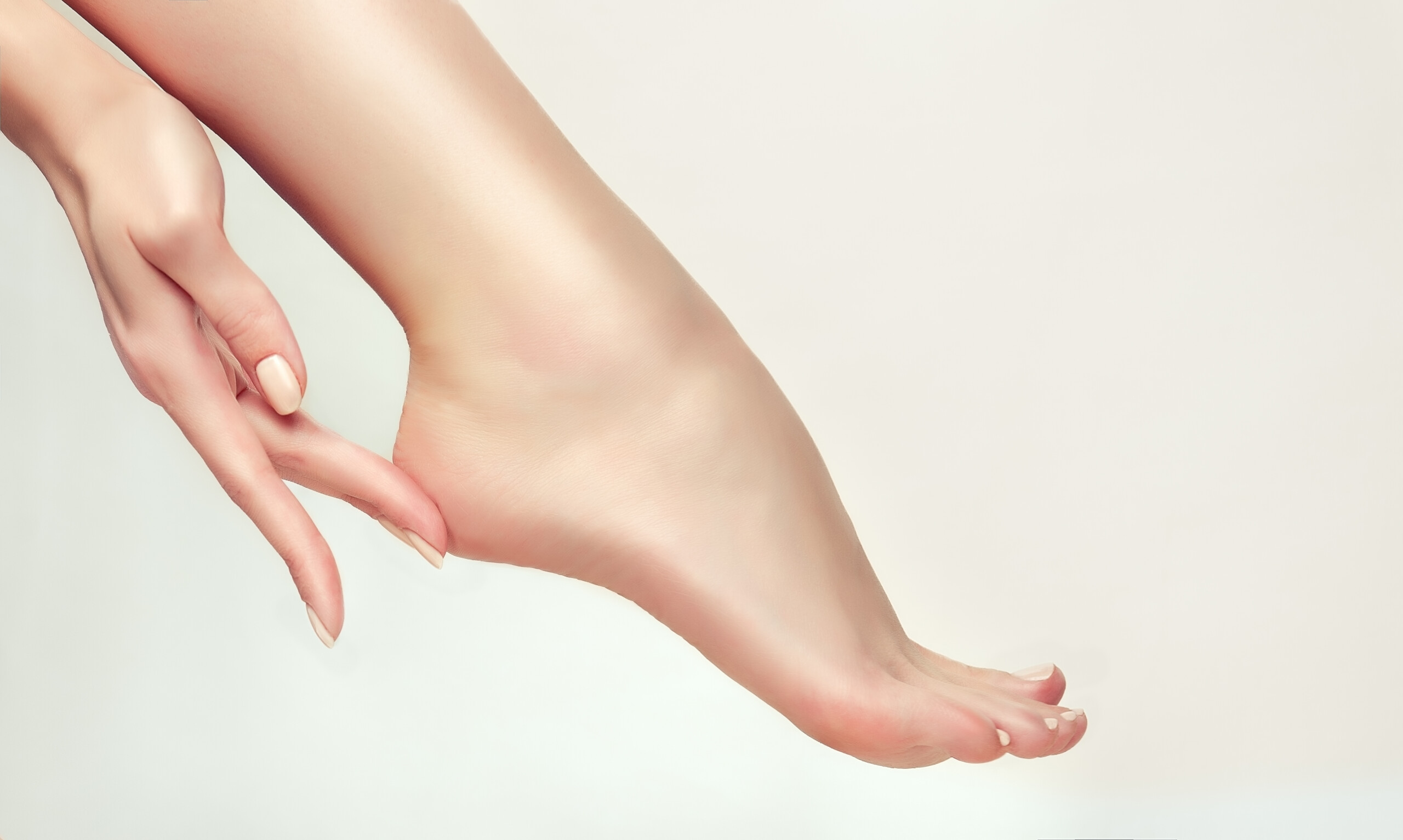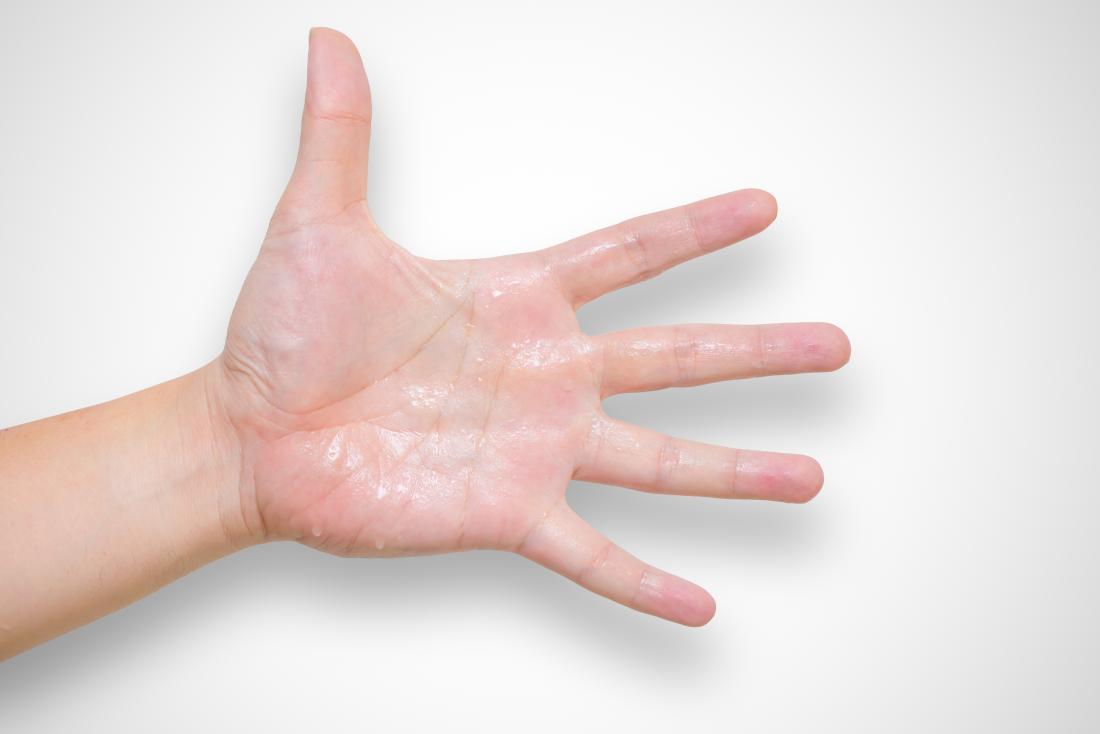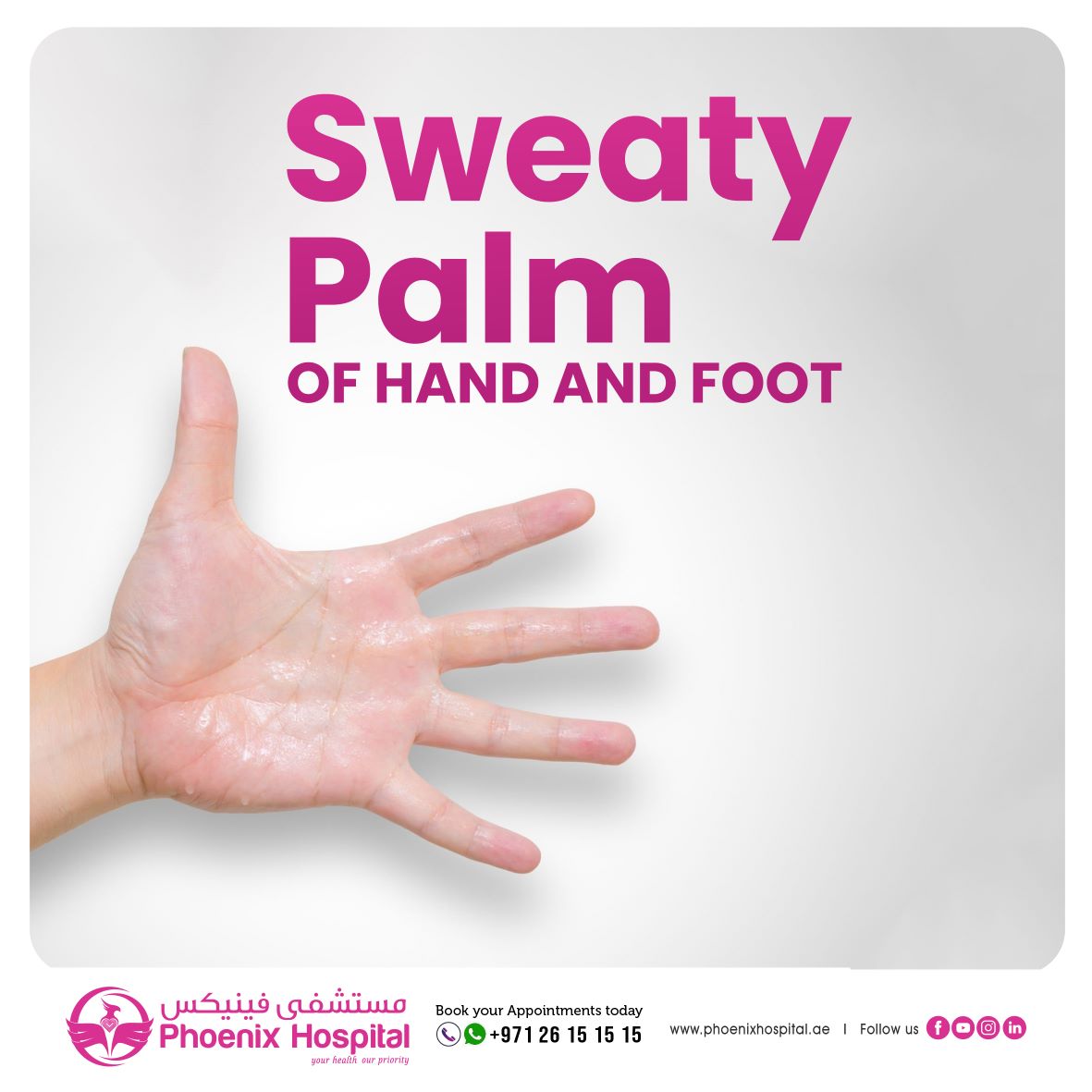Recognizing the Origin of Excessive Sweating and Its Influence On Life
While it is typically understood as a physical action to manage body temperature level, the triggers for too much sweating can vary widely amongst individuals, including not just physical factors but additionally emotional and mental elements. By delving into the origin causes of hyperhidrosis and exploring its multifaceted results, a much deeper understanding of this pervasive issue can be gained, shedding light on the intricacies that individuals grappling with extreme sweating navigate on a daily basis.
Physiology of Sweat Glands
The guideline of sweat manufacturing, an important physiological process, is mainly managed by the task of gland dispersed across the body. Sweat glands are categorized into two major types: eccrine and apocrine glands. Eccrine glands are the most countless and are located in nearly all areas of the body. They play a crucial function in thermoregulation by secreting a watery liquid onto the skin's surface area, which vaporizes and helps cool the body down. In contrast, apocrine glands are focused in areas rich in hair follicles, such as the armpits and groin, and their secretions are thicker and milklike in look.
When the body temperature climbs, either because of physical task, heats, or psychological stress and anxiety, the nerves activates the sweat glands to create sweat. This sweat is composed largely of water and electrolytes like sodium and chloride. The process of sweat manufacturing is essential for keeping the body's internal temperature within a slim, optimum range, highlighting the essential function gland play in human physiology.
Triggers for Excessive Sweating
In understanding the origin of extreme sweating, it is critical to identify the triggers that can cause this physical action. Too much sweating, also referred to as hyperhidrosis, can be triggered by numerous factors, both physiological and environmental. One usual trigger is psychological stress or stress and anxiety, which can stimulate the body's sweat glands to create even more sweat than is required for cooling down. Physical exertion, high temperatures, and spicy foods are likewise understood to trigger extreme sweating in individuals susceptible to this condition. Additionally, certain clinical problems like hyperthyroidism, diabetes mellitus, or menopause can add to excessive sweating also.
Furthermore, medicines such as some antidepressants, opioids, and certain supplements can also work as triggers for hyperhidrosis. Understanding these triggers is important in taking care of excessive sweating successfully - Treatment for hyperhydrosis of hands. By recognizing and dealing with the specific triggers that motivate extreme sweating in a private, doctor can develop customized treatment plans to alleviate this problem and improve the person's quality of life
Medical Conditions Associated
Associated with extreme sweating are different clinical problems that can intensify this physiological feedback. One typical condition is hyperhidrosis, a condition try these out characterized by extraordinarily enhanced sweating that surpasses the body's thermoregulatory demands. This can manifest in focal areas like the hands, soles, underarms, or face, affecting a person's lifestyle due to social shame and discomfort.
In addition, endocrine conditions such as hyperthyroidism, diabetic issues, and menopausal hot flashes can additionally lead to excessive sweating. Hyperthyroidism creates an overproduction of thyroid hormones, speeding up metabolic rate and setting off sweating.
Additionally, infections like endocarditis, tuberculosis, and hiv have been linked with evening sweats, a common signs and symptom recognized to disrupt sleep and affect general wellness. These clinical conditions highlight the varied variety of underlying factors that can contribute to extreme sweating, demanding extensive analysis and monitoring by healthcare professionals.
Mental and emotional Elements

Effect On Social Interactions
Extreme sweating can have extensive results on an individual's capacity to engage pleasantly in social interactions. The noticeable indicators of the original source sweat stains or damp spots on clothes can bring about embarrassment and self-consciousness, causing people to take out from social circumstances. This withdrawal can affect relationships, limit social tasks, and prevent specialist and personal growth.

In addition, the anxiety and self-esteem problems coming from extreme sweating can impact interaction and social abilities. People might struggle to concentrate on conversations, join group activities, or reveal themselves confidently. This can cause sensations of seclusion and loneliness, as social connections become challenging to maintain.
Conclusion

While it is frequently comprehended as a physical response to regulate body temperature level, the triggers for excessive sweating can differ widely among individuals, encompassing not only physical factors but likewise emotional and mental components. By delving into the origin triggers of hyperhidrosis and exploring its complex impacts, a deeper understanding of this prevalent problem can be gained, losing light on the complexities that individuals grappling with too much sweating browse on a day-to-day basis.
Physical physical effort, high temperatures, and spicy foods are additionally understood to set off too much sweating in individuals vulnerable to this problem. By identifying and addressing the details triggers that trigger excessive sweating in a private, medical care providers can create customized therapy plans to relieve this condition and boost the individual's top quality of life.
Excessive sweating can have extensive impacts on a person's ability to involve comfortably in social communications.